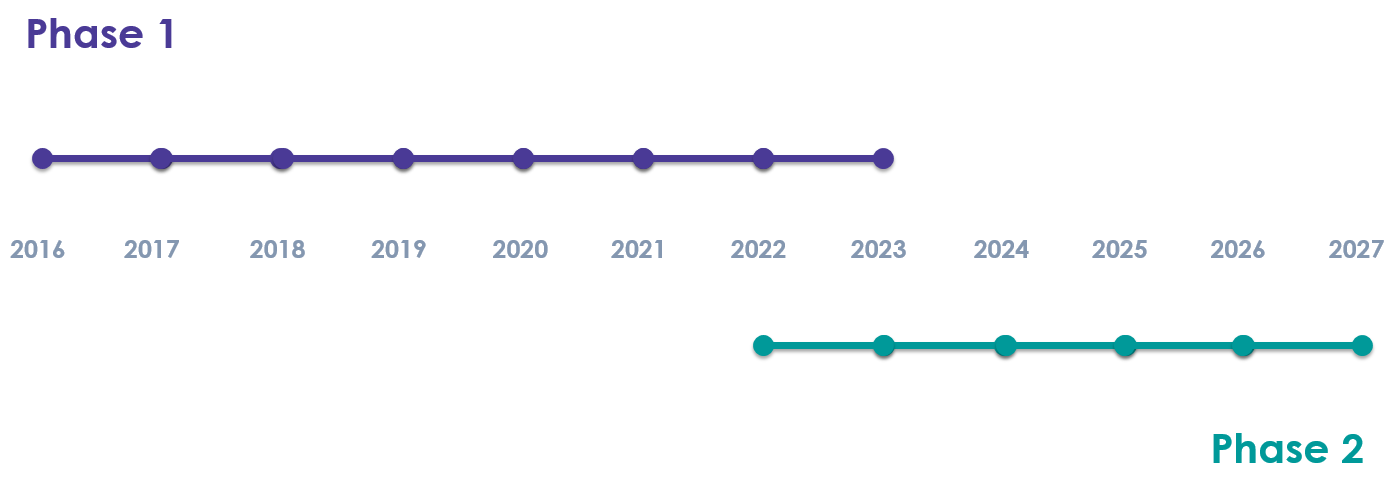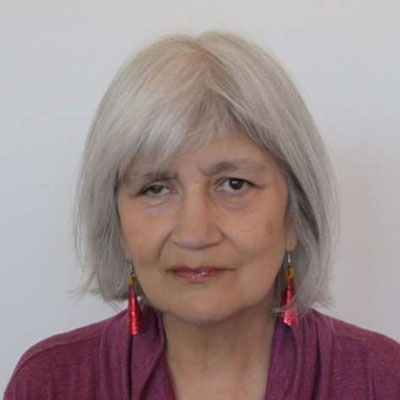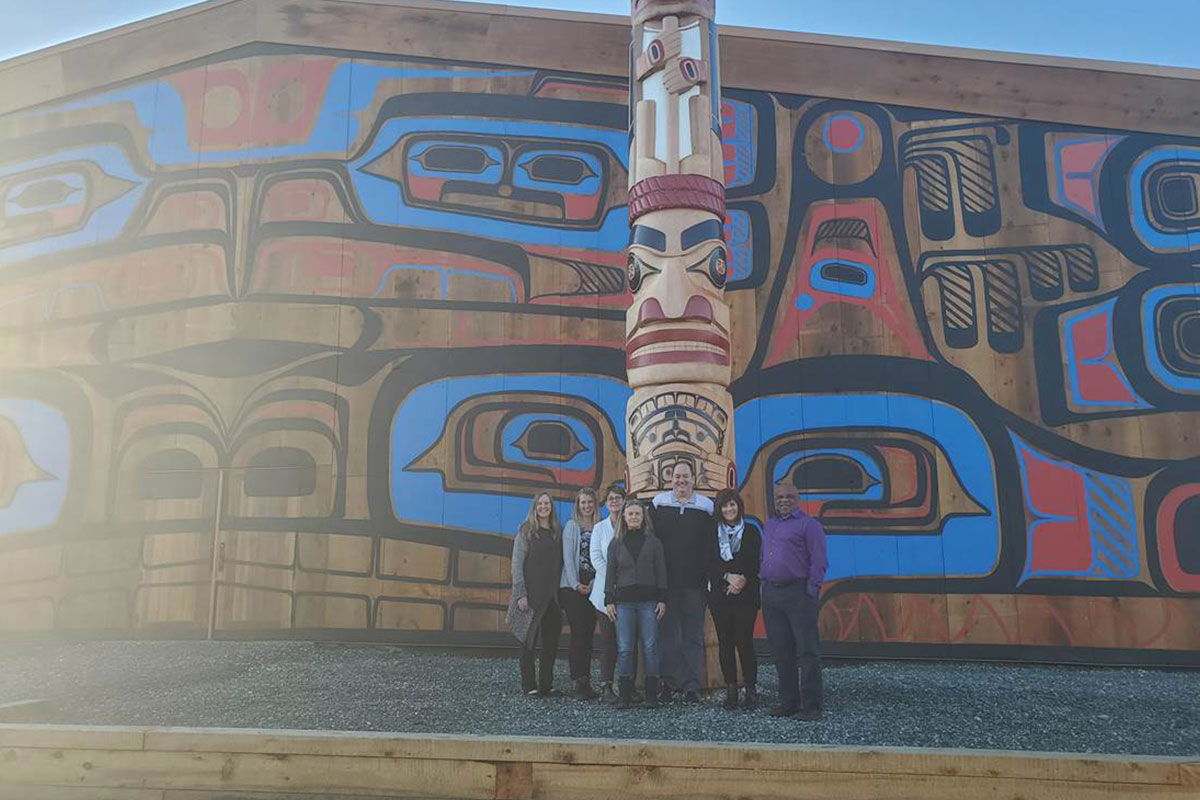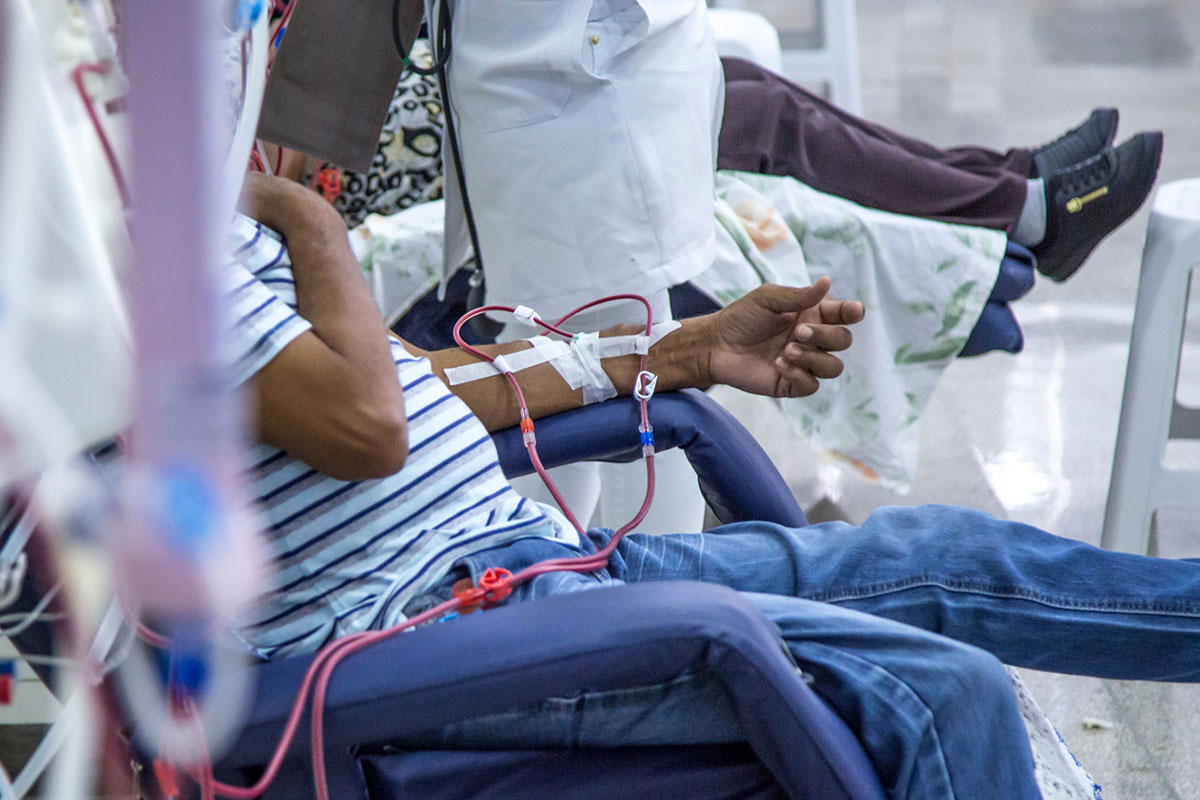$11.8M investment supports Can-SOLVE CKD Phase 2
Can-SOLVE CKD is Canada’s largest-ever kidney research initiative.
Since 2016, our national partnership of patients, scientists, health care professionals, and policy-makers has advanced innovative kidney care solutions to help the millions of Canadians affected by chronic kidney disease (CKD).
This transformative work received a significant boost in 2022 with the announcement of new funding that will support the network over the next five years. Can-SOLVE CKD will receive $3.75 million from the Canadian Institutes of Health Research, matched by more than $8 million raised through the generous support of more than 60 partners.
These funds, exceeding $11.8 million in total, will enable Can-SOLVE CKD to mobilize innovations in diagnosis, treatment and care that will enhance kidney health.

Can-SOLVE CKD Phase 2 Funding

Dr. Adeera Levin
Co-Principal Investigator
“This investment by CIHR and our partners will take our work to the next level and effect real changes in how Canadians with chronic kidney disease are treated and cared for.”
Research in action
The second phase of Can-SOLVE CKD (2022-2027) aims to move research findings into real-world care.
Nine projects from Phase 1 (2016-2023) will focus on sustaining, scaling up, and spreading the outputs of their research across Canada. The goal is to use this knowledge to improve patient care by applying it to practice.
In addition to mobilizing new research, Can-SOLVE CKD Phase 2 will change the culture of kidney research by:
- enhancing Indigenous cultural competency in research
- advancing principles of equity, diversity, and inclusion (EDI)
- creating new resources and infrastructure to enhance Canada’s leadership in kidney research and clinical trials
Phase 2 research projects



Mary Beaucage, David Hillier, Hans Vorster
Patient Governance Circle Executive
“As we look to Phase 2, we are excited to expand our network of patients across the country and see the fruits of our research projects deliver even better kidney care to Canadians. We also look forward to leading the way to a more inclusive research system that celebrates diversity and practices cultural competency.”







